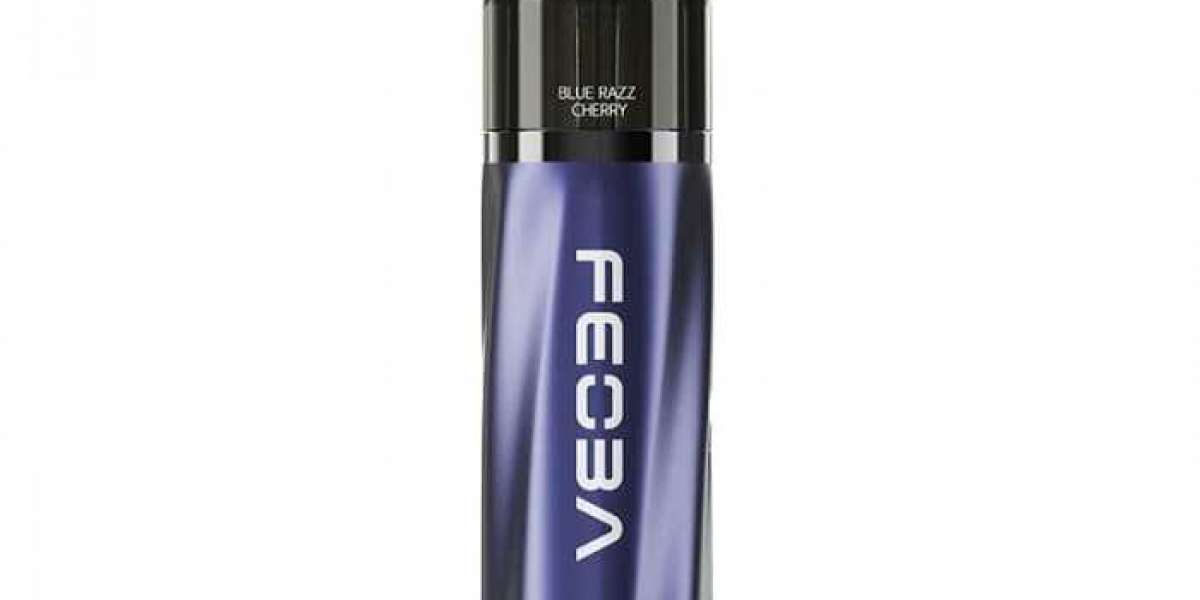As energy costs continue to rise, many New Yorkers are looking for ways to save on their utility bills. One of the most effective strategies is to compare energy suppliers. New York City has a diverse array of energy suppliers, each offering different rates, plans, and incentives. This article delves into the landscape of energy suppliers NYC, exploring how to compare them effectively and determine which one can save consumers the most money.
Understanding Energy Supply in NYC
In New York, the energy market is deregulated, allowing residents and businesses to choose their energy suppliers while utility companies remain responsible for the delivery of electricity and gas. This means that consumers can shop around for the best deals, which can vary significantly from one supplier to another.
How Deregulation Works
Deregulation means that energy suppliers compete for customers by offering various pricing plans and services. While the utility company manages the infrastructure, including power lines and customer service, energy suppliers focus on providing the actual energy. This competition can lead to cost savings for consumers if they choose wisely.
Factors to Consider When Comparing Energy Suppliers
When evaluating energy suppliers in NYC, several factors should be taken into account:
1. Pricing Structure
Energy suppliers typically offer various pricing plans, including:
- Fixed Rates: These plans lock in a specific rate for a set term, protecting consumers from price fluctuations.
- Variable Rates: These rates can change monthly based on market conditions, which may lead to savings during low-demand periods but can also result in higher costs when demand spikes.
- Time-of-Use Rates: These plans charge different rates depending on the time of day, encouraging consumers to use energy during off-peak hours for savings.
Understanding the pricing structure is crucial for making informed decisions.
2. Contract Length
Different suppliers offer varying contract lengths, from month-to-month agreements to multi-year contracts. Shorter contracts provide flexibility but may have higher rates. Longer contracts may offer lower rates but lock consumers in for an extended period.
3. Incentives and Discounts
Many energy suppliers offer incentives to attract new customers. These may include:
- Sign-up Bonuses: Cash bonuses or credits applied to the first bill.
- Referral Programs: Discounts for referring friends or family to the supplier.
- Green Energy Options: Some companies provide options for renewable energy sources, which can be appealing to environmentally conscious consumers.
4. Customer Service
Quality customer service is essential when choosing an energy supplier. Researching customer reviews, ratings, and complaint histories can provide insights into how well a supplier handles issues and supports its clients.
5. Reliability and Reputation
The reliability of an energy supplier is vital. Consumers should consider the supplier's history, financial stability, and track record regarding service interruptions and complaints. Reliable suppliers can provide peace of mind, especially during severe weather or high-demand periods.
Steps to Compare Energy Suppliers
1. Gather Your Energy Bills
The first step in comparing energy suppliers is to gather recent energy bills. This will help identify current usage patterns, costs, and the rates being paid. Understanding past consumption is essential for making accurate comparisons.
2. Use Online Comparison Tools
Numerous online platforms allow consumers to compare energy suppliers easily. These tools can provide side-by-side comparisons of rates, contract terms, and customer reviews, making it easier to identify potential savings.
3. Contact Suppliers Directly
Once potential suppliers have been identified, contacting them directly can yield more information. Inquire about any hidden fees, contract details, and additional services they offer. This direct communication can also help gauge customer service responsiveness.
4. Consider Future Needs
While current rates are essential, it’s also crucial to consider future energy needs. If a household plans to increase energy consumption (e.g., by adding electric vehicles or home appliances), it may be worthwhile to select a supplier that offers competitive rates for higher usage levels.
5. Review the Fine Print
Before signing any contract, it’s important to read the fine print. Look for any termination fees, clauses regarding automatic renewal, and conditions for rate changes. Understanding these details can prevent surprises down the line.
Evaluating the Best Energy Suppliers in NYC
While individual experiences may vary, several energy suppliers in NYC have gained attention for their competitive rates and customer service. Here are some of the more notable options:
1. Con Edison
As one of the largest utility providers in the city, Con Edison offers a variety of energy plans, including green energy options. Their established reputation and extensive infrastructure make them a reliable choice for many consumers.
2. Green Mountain Energy
Focusing on renewable energy, Green Mountain Energy appeals to environmentally conscious consumers. Their plans often include incentives for using clean energy, making them an attractive option for those looking to reduce their carbon footprint.
3. Direct Energy
Direct Energy provides flexible pricing options and a range of plans, including fixed-rate and variable-rate options. They are known for their customer service and have various incentives that can lead to savings.
4. Ambit Energy
Ambit Energy offers competitive rates and a unique referral program, allowing customers to earn credits for referring new clients. Their focus on customer service and satisfaction often leads to positive reviews.
5. NYSEG
New York State Electric and Gas (NYSEG) provides traditional energy services with competitive pricing. They also offer various plans that cater to different consumer needs, ensuring flexibility for their customers.
Realizing Savings Through Smart Choices
Comparing energy suppliers is not just about finding the lowest rate; it’s about finding the best value for one’s specific needs. By considering factors such as contract length, pricing structure, and customer service, consumers can make informed decisions that lead to significant savings.
The Role of Renewable Energy
As more consumers become aware of the environmental impact of energy consumption, the demand for renewable energy options is growing. Many energy suppliers now offer plans that allow consumers to source their energy from renewable sources, often at competitive rates. Choosing renewable energy not only contributes to sustainability but can also align with personal values, making it a win-win situation.
Conclusion
In conclusion, navigating the landscape of energy suppliers NYC can be a beneficial endeavor for consumers looking to save money on their utility bills. By understanding pricing structures, evaluating contract terms, and considering customer service, individuals can make informed choices that lead to substantial savings. As the energy market continues to evolve, staying informed and proactive is key to maximizing benefits.
For those seeking assistance in comparing energy suppliers and optimizing their energy costs, consider reaching out to National Energy Cost Services, Inc. (NECS).







